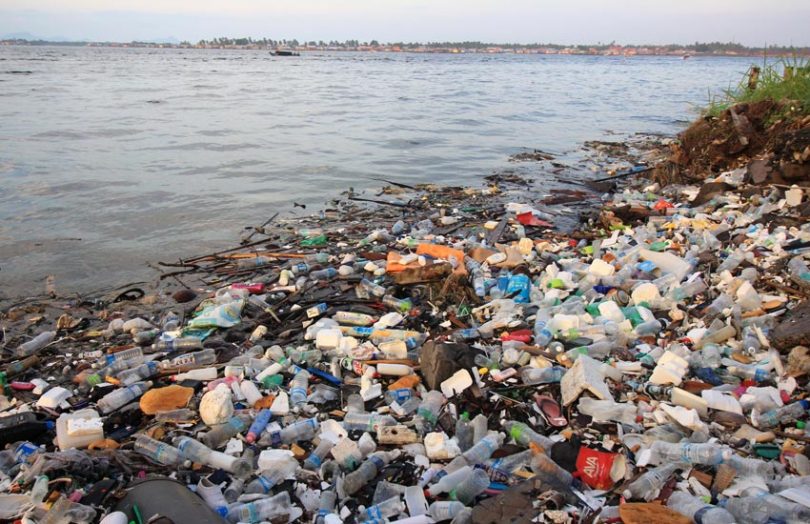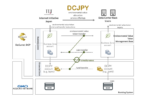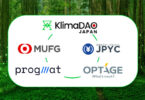US-based household cleaning supplies maker SC Johnson and Plastic Bank are using blockchain to stop plastic waste from entering the ocean. Under the three year agreement, plastic recycled by Plastic Bank will be used in manufacturing Windex products by SC Johnson, with payouts to waste collectors in the form of digital tokens.
The project aims to clean up the environment while addressing the poverty issue. Plastic Bank has an initiative called Social Plastic, where citizens collect and exchange plastic for money, in this case, tokens. These tokens can then be used to access healthcare, pay school tuition and can be exchanged for local currency. Blockchain can be used to track the payments and reduce the risk of loss or theft.
Waste management systems in developing countries are inefficient, primarily due to a lack of awareness. SC Johnson and Plastic Bank already have nine collection centers in Indonesia. Now, they plan to open 500 more such centers in several countries including, Brazil, the Philippines, Vietnam, Thailand and Indonesia.
According to a report by Ocean Conservancy and the McKinsey Center for Business and Environment — China, Indonesia, the Philippines, Vietnam and Thailand account for about 60% of plastic waste leaking into the ocean. Plastic Bank aims to collect 30,000 metric tons of plastic waste over three years. It claims that’s the equivalent of 1.5 billion plastic bottles.
“Together with SC Johnson, we now have the ability to help close the loop and advance a circular economy while developing infrastructure in the areas where it is needed the most,” said David Katz, Plastic Bank’s Founder and CEO.
Plastic Bank sells recycled plastic to other companies for their manufacturing processes. Waste pickers and plastic collectors get premiums for the plastic they deposit. These premiums are called Plastic Bank Rewards, which are distributed and authenticated through a blockchain-powered app. The app can be used by anyone running any store, allowing easy exchange of tokens for items in the store.
Plastic Bank’s app uses the IBM Blockchain hosted on a private cloud network managed by Cognition Foundry. Blockchain is used to track the entire cycle of recycled plastic — from collection, credit and compensation.
Last year, the World Economic Forum in a report highlighted blockchain’s potential to solve environmental problems. The report identifies 65 existing or emerging ecological use cases for blockchain.
Recently, a Stanford report found that blockchain was instrumental in achieving social impact goals of corporates.







